Coalition representing world’s wine and spirits producers share strong opposition
HARRISBURG – A vote by the Pennsylvania Liquor Control Board (PLCB) to create a new fee on wine and spirits will result in higher prices at state stores, restaurants, bars, taverns and grocery stores across the Commonwealth.
The Pennsylvania Wine and Spirits Association (PWSA), Distilled Spirits Council of the United States (DISCUS), American Distilled Spirits Alliance (ADSA) and Wine Institute (WI) shared their strong opposition to the PLCB’s vote to approve this new bailment warehousing fee which took place on Wednesday, July 16, just two days after the proposal was first made public.
“As representatives of the world’s wine and spirits producers, we strongly opposed this new fee that will undoubtedly increase prices for Pennsylvania consumers,” the coalition said. “Further, this fee was imposed with barely any notice and no opportunity for producers to discuss its consequences, ask questions or propose alternatives. Now is not the time to impose new fees on wine and spirits in Pennsylvania. PLCB’s business partners and the public deserve a transparent accounting of agency operations before facing new fees that will raise consumer prices on alcohol.”
The PLCB’s vote created a $1 per case bailment fee on all spirits and wine sold through state stores, effective January 1, 2026, a move that will cost alcohol producers between $15 and $17 million annually according to economic analysis conducted by the coalition. The fee is assessed by shipping package, meaning a four-pack of ready-to-drink cocktails will be subject to the same fee as a 12-bottle case of wine and spirits.
“There has never been a more challenging time to make and sell spirits and wine,” said the coalition. “Competition from hemp and cannabis is fierce, tariffs have increased the price of imported alcohol and sharply reduced revenue from U.S. exports, and global alcohol consumption is down. This new fee is yet another hit to the cost of doing business in Pennsylvania.”
At PLCB, price increases on alcohol are being driven by the escalating cost of running the agency, not rising costs of spirits and wines. Net profits at PLCB are down by nearly $70 million, and liquor tax collections are down by an estimated $2 million through the first 10 months of this fiscal year (April 2025), according to the PLCB’s latest unaudited financial statements.
“To lessen the burden on Pennsylvania consumers and our members doing business there, the PLCB should start by more closely examining expenses before imposing a new fee,” the coalition said. “For example, over the last two years alone, the PLCB spent more than $180 million on a technology system that continues to be riddled with inefficiencies. Instead of addressing current shortfalls, the PLCB created this new fee on distilleries and wineries, and, ultimately, on Pennsylvania consumers.”
The PLCB indicated it will begin charging this fee because other control states do, but only five other control states charge bailment fees. No other state combines that fee with PLCB’s bailment penalties related to warehouse inventory controls. Additionally, other states use a single, transparent formula to markup up all alcohol at the same rate. This ensures that prices and discounts suppliers give to control states are passed along to consumers. This is not true in Pennsylvania where the PLCB has the power of flexible pricing enabling it to mark up each product by any amount it wishes.
“While the PLCB states this increase is to be more in line with other control states, the big difference with Pennsylvania is how the shelf price consumers pay is determined,” the coalition said. “The PLCB establishes retail prices based entirely on the skyrocketing costs of doing business without legislative oversight. With the implementation of this new fee, Pennsylvania will have both a flexible markup and a bailment fee, harming wine and spirit consumers and producers alike.”

